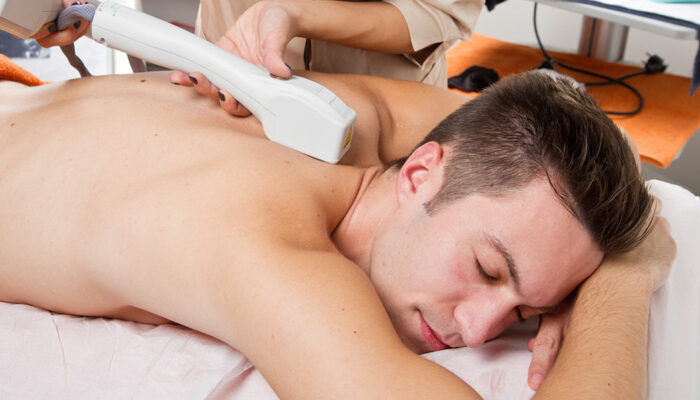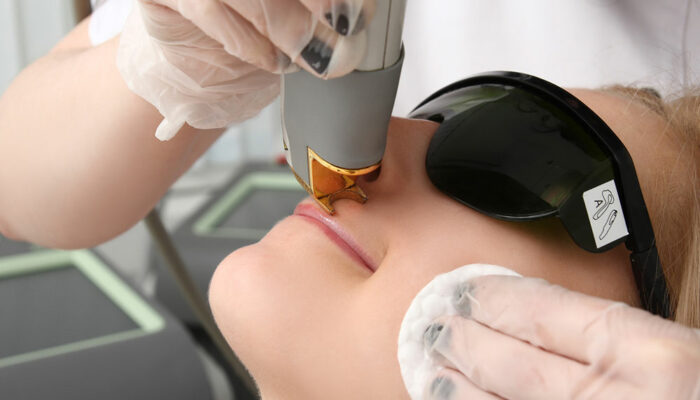
Symptoms and Risk Factors of Bacterial Meningitis
Among the many types of meningitis, bacterial meningitis is considered to be the most dangerous as it can lead to death if left untreated. People who have suffered and survived this disease sometimes also lose their ability to hear and suffer cognitive damage to the brain. As a result, knowing the early warning symptoms of this disease can prove to be quite beneficial in order to protect yourself from contracting this deadly infection.
Early signs and symptoms of bacterial meningitis include:
1. High fever
High fever is considered to be a common symptom for all types of meningitis, including bacterial meningitis. Some people suffering from this also complain about experiencing a stiff neck as the infection generally affects their brain and spinal cord.
Nausea or vomiting along with high body temperatures can be a sign of concern. Some people have also complained that they feel confused and dizzy due to the fever.
2. Headache
Headache is another common symptom of bacterial meningitis. The bacteria generally first affects the membranes near your brain. According to some health specialists, the pain usually feels quite mild for the first few minutes but becomes severe once the infection starts progressing. Because of the severe headache, people also experience photophobia or sensitivity to light.
3. Muscle pain and rashes
Unlike some other types of meningitis, bacterial meningitis usually causes pain in the muscles of the hand or shoulder. Sometimes, purple or red-colored rashes may also appear on the face and hands. The symptoms of this condition usually begin quickly and can become severe within five to six hours. Thus, if you or someone you know is experiencing these symptoms, seek emergency medical care is essential.
4. Risk factors for bacterial meningitis
Like all the other types of meningitis, bacterial meningitis can affect almost anyone. Some of these risk factors are generally known to increase the chances of getting affected.
- Head injury
People who have suffered from any kind of head injury are likely at a higher risk of developing this condition. Sometimes, even a small infection in the neck or head can lead to bacterial meningitis.
- Traveling
Traveling to certain locations such as Sub-Saharan Africa or Mecca may also increase the risks of you getting affected.
- Age
Infants and teenagers are generally considered to be at a higher risk of developing this infection because of hygiene issues.
- Staying in dorms
Sometimes, living in a group setting, such as dormitories or hostels, may also put you at a higher risk of getting bacterial meningitis.



